Interview with Msgr. Giuseppe Pasotto, Serving in Caucasus
Missionary, Apostolic Administrator, Diocesan Bishop
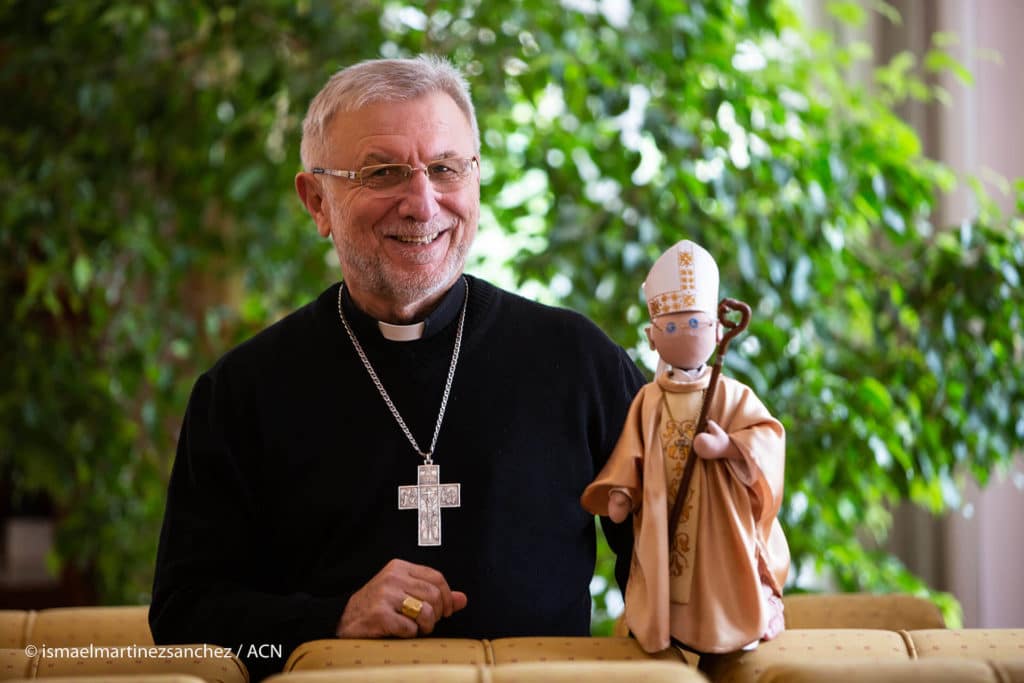
Interview with Msgr. Giuseppe Pasotto, a Stigmatine father from Italy, who has been watching over and helping to shape the fortunes of the small Roman Catholic Church in the Caucasus since the fall of the Iron Curtain, first as a missionary, then, since 1996, as Apostolic Administrator and then, since 2000, as diocesan bishop. He was interviewed by Aid to the Church in Need (ACN).
What did you find when you arrived in Georgia in 1993? After 70 years of Communist rule, what was still left of the Catholic Church in Georgia?
What did I find? It is difficult to describe in just a few words the situation as it was when I arrived here in 1993. Georgia had recently gained independence and Russia had severed all ties, even economic ones. When I arrived, there was still gas, water, and electricity. Just a month and a half later, we were at the point where electricity was available for only two hours a day, we had water only every two days and the gas had been shut off completely. There were very few things to buy at the market. To give an example: I needed a lemon one day and went to the market. No one had any lemons, but then I found a woman who had two. They were the only two pieces of fruit that she had to sell. I decided to buy both of them. But she said to me, “I will sell you one of them, someone else may need the other.” I was taken aback and full of admiration. Another thing that I will never forget is the cry of joy that could be heard on the day that the electricity came on again for an hour or two and it was possible to extinguish the candles and the gas lamps.
I came here together with another priest from my small community of Stigmatines, which was founded in Verona. At the time, we experienced the same hardships as the people living here – particularly the cold and the deprivation. This helped us to love these people even more and to understand the meaning of freedom. Our conversations with young people taught us the importance of suffering for fundamental values and keeping hope alive. Ultimately, we were able to understand the lives of these people even better by learning the Georgian language, which is not exactly the easiest language, and by doing so with hardly any instructional materials at all. We really had to learn a great deal without paying much attention to the hardships that surrounded us. However, it was providential that we were there to experience these times.
What were the first steps that you and your brothers took to rebuild the Catholic community?
The only thing that was left of the Catholic Church was one open place of worship (the Church of St. Peter and St. Paul in Tbilisi). The communities that were scattered across rural areas had all been abandoned. The first thing we did was re-establish contact and then find additional priests from other countries and local churches to come and help us. And so we gradually began to rebuild the most important structures.
It seems to me that the rosary saved the Catholic faith not only in Georgia but in all Communist countries. The people came together in the houses to pray and the grandmothers were the ones who took responsibility. You did not need a priest or a rosary – you could count the “Hail Marys” on your hands.

The first task that we undertook was the training of catechists. For our first summer study camp, we got about 30 older adolescents and young adults together and trained them for ten very intense days so that they could begin working with children. The first thing that we had printed was the Catechism of the Universal Church…then we turned our attention to other things, one after the other.
How did you experience the Russo-Georgian War in 2008? What did the Church do to help in that situation?
The war began quite unexpectedly; at least I had not expected anything like that to happen. Russia very quickly made it obvious that there was no hope for the Georgian army – the Russian bombing even got quite close to Tbilisi. For the first time in my life, I saw people panicking. We gave refugees from Gori shelter in our assembly room and took care of them for an entire month. They still send me thank you letters on the anniversary of the war today. The Caritas organization in Georgia did a great deal to help the displaced persons by providing meals and assistance. I still remember that, as soon as it was possible, a lorry with food left for Gori. Ours were the first relief goods that made it through. They were delivered to the Orthodox bishop so that he could distribute them where needed.
What are the greatest challenges for the Church in Georgia today? After many years of missionary work, what is there still left to do?
The primary challenge that we have to face continues to be ecumenical work. This is our first task and it is a very difficult one. Due to the legacy of its past, the Orthodox Church still has a hard time being open to this. The Catholics are well aware that they are a minority and often face discrimination and unfair treatment. You just need to remember the six churches that were confiscated and never given back or the prohibition of interfaith marriages. The ecumenical path requires a great deal of patience and the constant search for new and potential opportunities for establishing relationships that could develop into bridges. Our university, where most of the students are non-Catholics, plays an important role in this.
In my opinion, the second task is educating our faithful to continuously strengthen their faith and make them more secure in it. The priests and religious in the parishes have made this their primary concern. The third task is showing the merciful and loving reflection of God, in particular to those people who are currently facing great difficulties.
We are aware that there are too few of us, also because the spheres of our work are constantly growing and changing in our ever more complex world. Fortunately, there are young people who are preparing for the priesthood and a consecrated life. However, the path of priestly formation is long, which is important because they need a good education. It is difficult to find priests in other countries who are willing to work with us, also because of the language barrier. Learning Georgian requires many years of study and much sacrifice, after which you are only able to use the language here. But the Lord sees and provides.
In your opinion, what does the future hold in store for the Catholic Church in Georgia and what can ACN do to help it along the way?
The support provided by ACN over the last few years has been essential. I can say that many have contributed to keeping our Church going, but ACN has always stood out in its support of centers for evangelism and training. Thanks to ACN, and by extension to thousands of benefactors, we have been able to realize pastoral initiatives each year, particularly the summer camps we hold to promote faith formation in children and adolescents. I have always been aware of this and deeply grateful that ACN is accompanying us on our way. We do not see the faces of the benefactors of ACN, but God knows them all: He will bless and reward them. It was always a comfort to me to know that the Sister Churches were following the same path and were supporting us. Ultimately, we have always simply been the hands that carry out that which was in the hearts of so many Catholics all over the world.
Is there something that you would like to say to our benefactors?
I would like to take the opportunity to express my deepest gratitude to ACN: our thanks to those who work together with us and who are always patient with us; we truly feel loved. One could say that, financially, our Church has almost nothing, but is able to survive each day by trusting in God. We are all called upon to proclaim the gospel but in different ways. Here in Georgia, I learned the value of the word “Catholic”. It is a beautiful thought that we Catholics here can show all of the Churches how wonderful it is to have a heart that knows no bounds, that does not favor anyone but that always looks beyond its own limits. It is beautiful to bear witness for a God who teaches us through His heart to broaden our horizons, to stop concentrating solely on our own interests, and instead open up more and more. That is His love for us. And that is what we should bear witness to and teach. That is the good news, the gospel. And for me that is the color of Catholicism.
Related
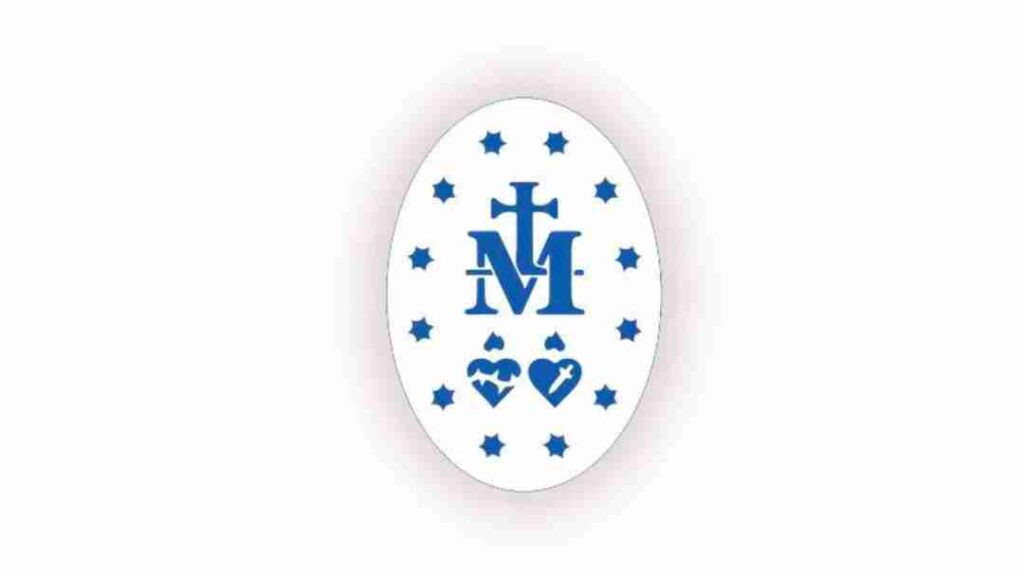
Thy will be done
Albert Cortina
17 April, 2025
35 min
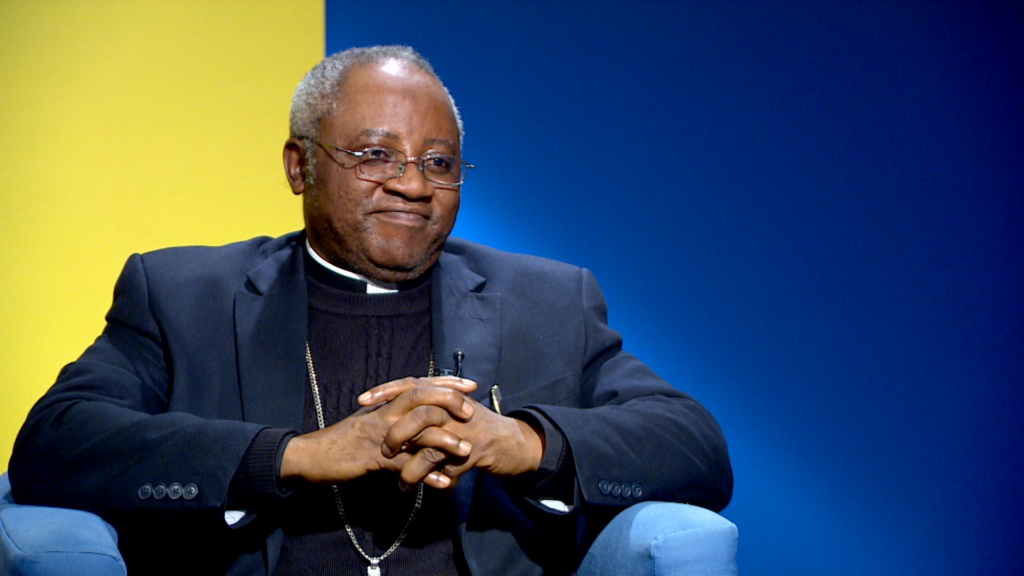
Despite hardships, Christianity is growing “astronomically” in northern Nigeria
Ayuda a la Iglesia Necesitada
10 April, 2025
3 min
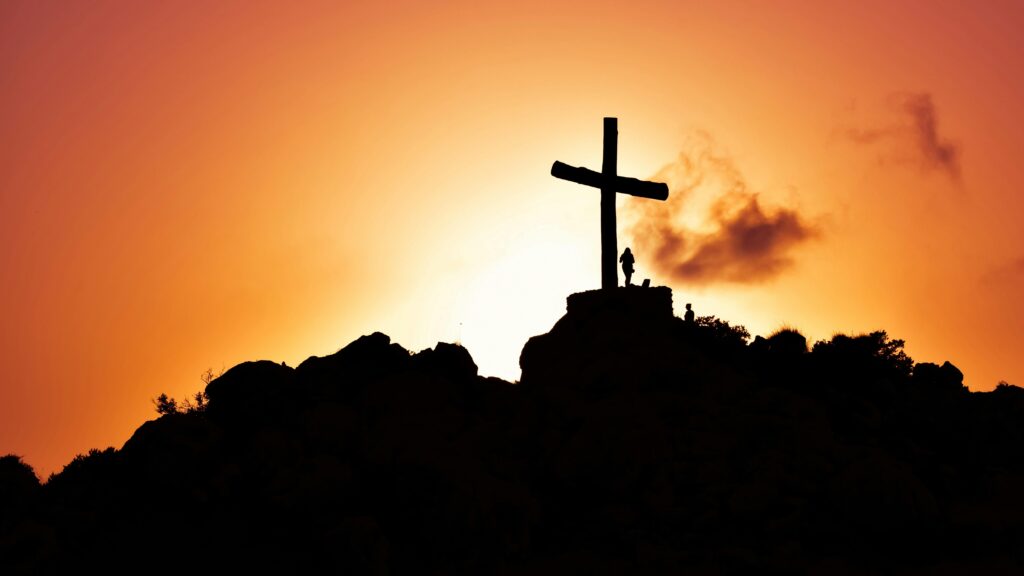
“Christianity, a Powerful Engine of Social Transformation”
Exaudi Staff
09 April, 2025
3 min
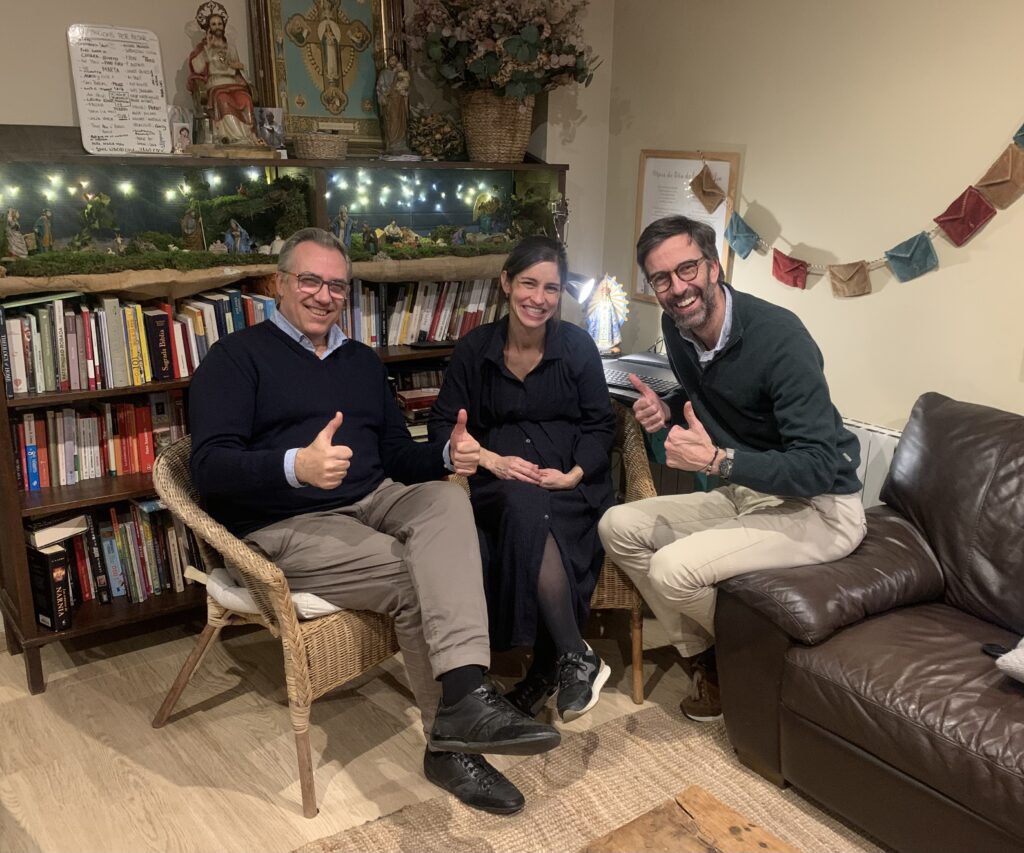
Let God be God
Albert Cortina
11 March, 2025
25 min
 (EN)
(EN)
 (ES)
(ES)
 (IT)
(IT)

